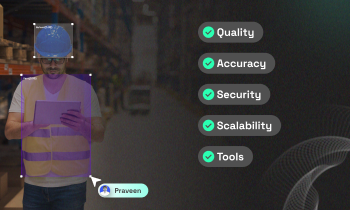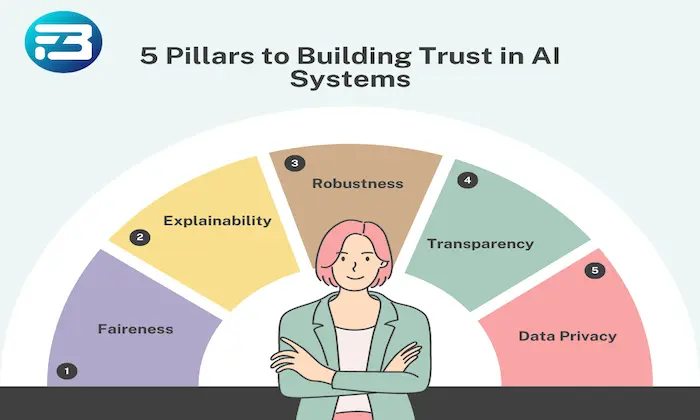Why is healthcare domain-specific data better than general speech corpora?
Speech Models
Healthcare
Data Analysis
In the fast-paced world of AI, particularly in healthcare, the choice of training data can make all the difference. When it comes to building AI systems that truly understand medical dialogues, healthcare domain-specific data far surpasses general speech corpora. This is because it captures the unique nuances, terminology, and emotional cues that are intrinsic to medical conversations.
What is Domain-Specific Data in Healthcare?
Domain-specific data is tailored to specific fields, providing context-rich interactions that general datasets cannot. In healthcare, this involves recordings that replicate real clinical scenarios, such as doctor-patient consultations, diagnoses, and follow-ups. These datasets are crafted to include specialized vocabulary and the emotional depth inherent in medical communications.
Benefits of Healthcare Domain-Specific Data for AI Training
- Enhanced Accuracy and Understanding: Healthcare-specific datasets equip AI systems with the necessary context to accurately interpret medical dialogues. This leads to superior performance in tasks like speech recognition and clinical summarization. For instance, a model trained on this type of data can distinguish between symptoms and medications, a nuance often lost in generalized datasets.
- Realistic Dialogue Dynamics: The natural flow of conversations that complete with overlaps, interruptions, and pauses, is crucial in healthcare settings. Domain-specific data captures these elements, allowing AI models to learn the dynamics of clinical interactions. This is particularly vital in telehealth, where understanding the conversation flow can directly impact patient outcomes.
How Domain-Specific Data Works
- Authentic Simulated Interactions: FutureBeeAI’s Doctor-Patient Conversation Speech Dataset offers simulated yet authentic clinical interactions. Licensed professionals and recruited patients engage in dialogues designed to mimic real-world scenarios. This approach ensures the data is medically accurate while avoiding privacy risks associated with real patient data.
- Linguistic and Cultural Representation: Our datasets cover a wide range of languages and dialects, ensuring AI systems can cater to global audiences. This diversity is crucial for multilingual healthcare environments, where patients express themselves in varied ways. By including languages from across the globe, we ensure nuanced understanding and responsiveness in AI applications.
Key Pitfalls in Choosing Healthcare Training Data
- Overlooking Contextual Depth: One common mistake is assuming general datasets are sufficient. They often lack the complexity of domain-specific interactions, leading to AI models that misinterpret medical language and nuances. Training on domain-specific data is essential to avoid such pitfalls.
- Neglecting Rigorous Quality Control: Without a robust quality control process, the integrity of a dataset can suffer. At FutureBeeAI, we ensure that our data is both linguistically and clinically validated to maintain the highest quality standards.
Enhancing AI with Domain-Specific Data
Healthcare domain-specific data is not just advantageous; it's essential for developing AI systems that understand medical conversations. By focusing on realistic and contextually rich interactions, these datasets enable AI to deliver accurate, empathetic, and effective solutions in clinical settings. As healthcare continues to evolve, the importance of domain-specific data will only grow, making it a cornerstone of advanced AI-driven healthcare solutions.
Smart FAQs
Q. What makes healthcare domain-specific data superior to general speech corpora?
A. Healthcare domain-specific data captures the specialized vocabulary, emotional nuances, and structured dialogue patterns of clinical interactions, which general speech corpora lack. This specificity enables AI systems to perform better in understanding and processing medical conversations.
Q. How does FutureBeeAI ensure ethical compliance in dataset creation?
A. FutureBeeAI employs simulated conversations that mimic real clinical scenarios, ensuring ethical compliance by avoiding the use of actual patient data. All contributors provide informed consent, and the data collection process adheres to global privacy regulations like GDPR and HIPAA, ensuring safety and authenticity.
What Else Do People Ask?
Related AI Articles
Browse Matching Datasets
Acquiring high-quality AI datasets has never been easier!!!
Get in touch with our AI data expert now!








